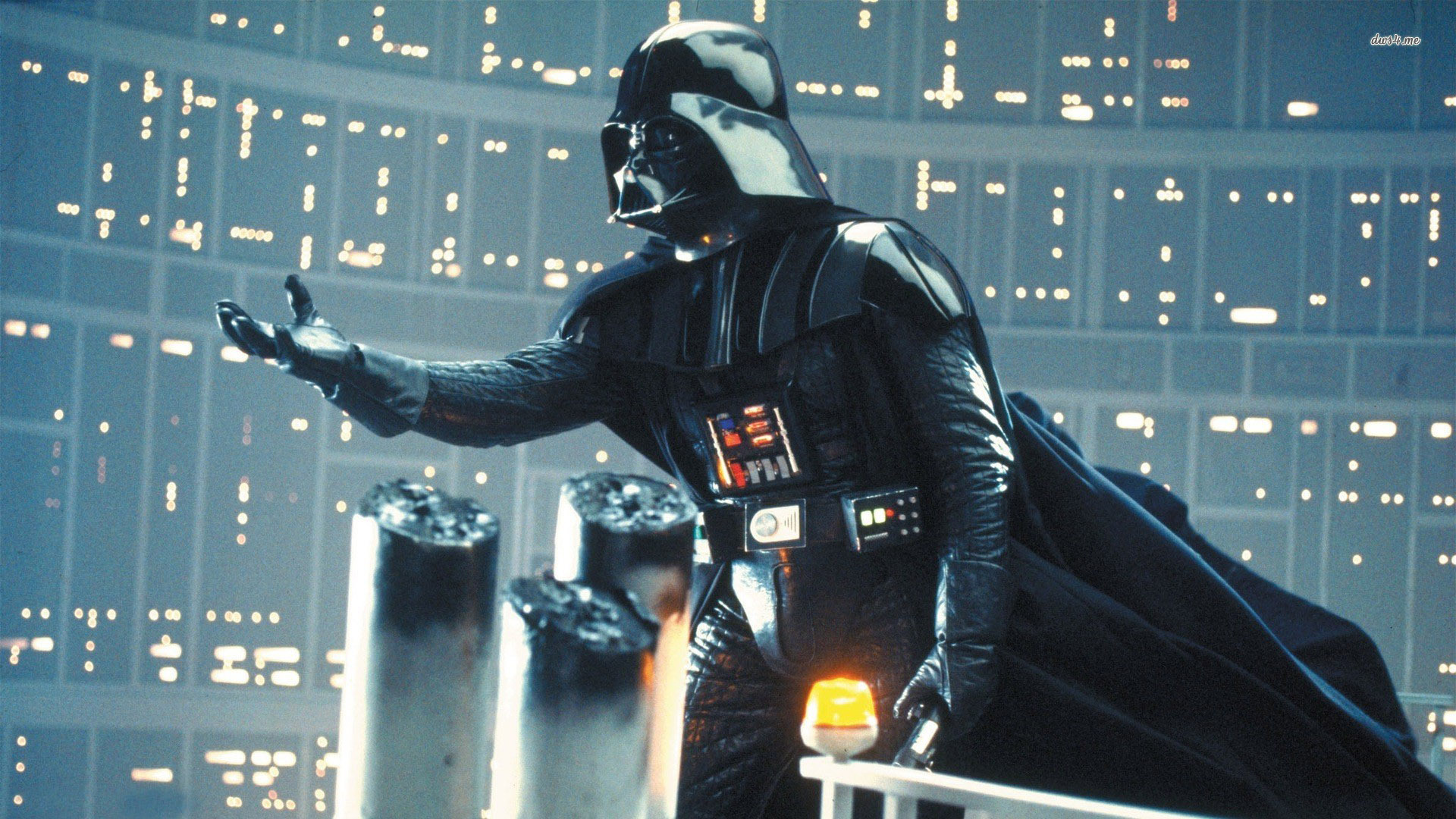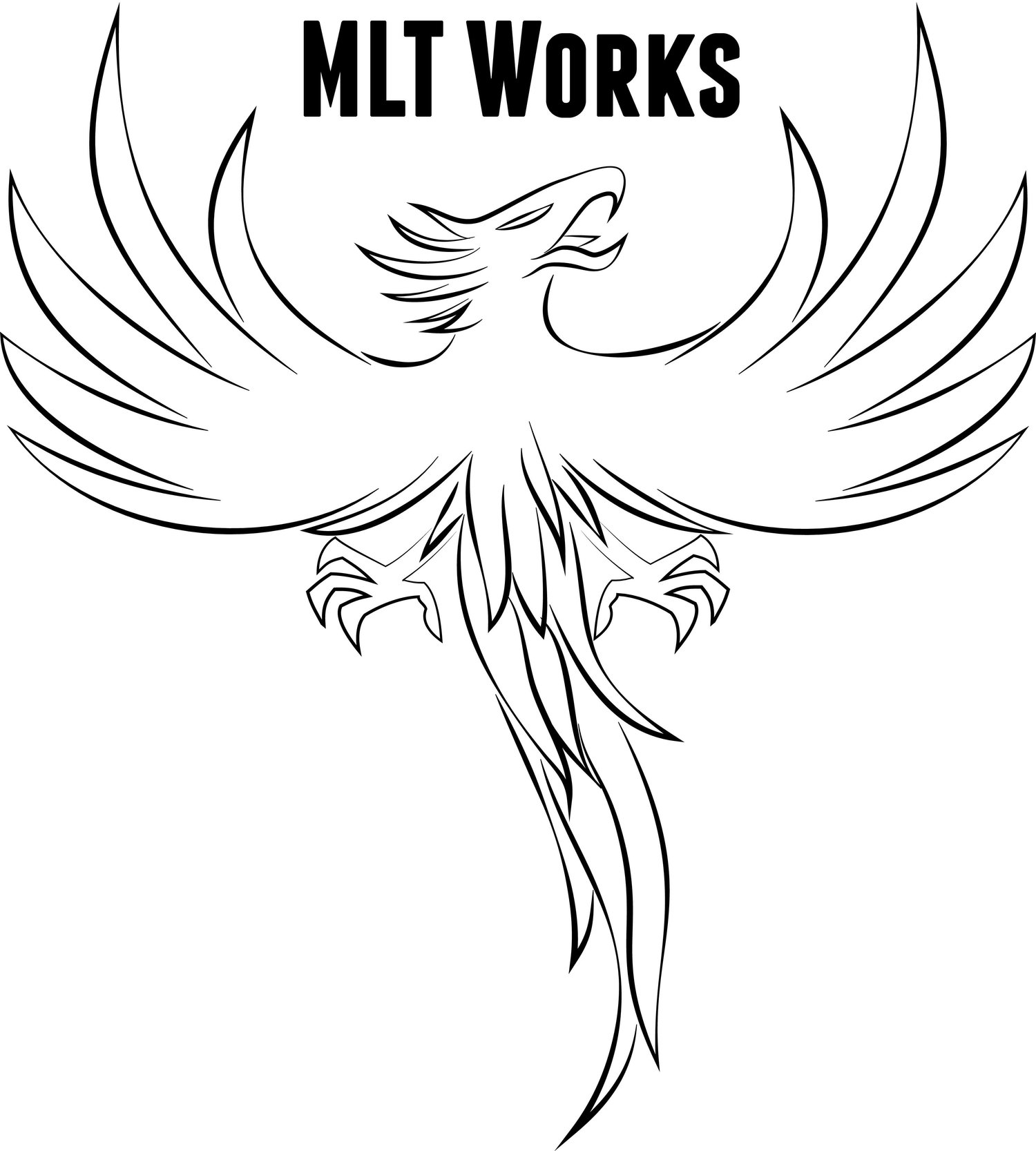The Tragic Life of Anakin Skywalker
Ever since I was a little kid I have been a huge fan of Star Wars. I was hooked from the moment I first saw Darth Vader step foot onto that Rebel starship. Throughout the years, I always considered Darth Vader to be the greatest villain ever. His sheer power. His cold disposition. The fact that he could force choke someone from the other side of space. I mean, come on, that is a villain.
And then something changed in 1999. The Phantom Menace came out, and we were introduced to young Anakin Skywalker, the boy who we already knew would grow up to become Darth Vader. Now, I’m sure that I’ll be crucified in Star Wars circles for saying this, but just hear me out. Writing and acting aside, what Episodes I, II, and III did was reveal a deeper level to the character of Darth Vader. While Darth Vader may be the greatest villain, Anakin Skywalker is a wonderful example of a modern tragic hero.
Tragic heroes are noble in stature. While this usually means the character is some kind of royalty, Anakin’s nobility comes with his status as a Jedi. Anakin’s strange birth circumstances leave him with an unusually strong connection to the Force. In The Phantom Menace, we find out that Anakin’s ability to use the Force, even as an untrained child, is exceptional. His “reflexes” are no more than the Force allowing him to see events ahead of time. In Attack of the Clones, Anakin’s skills have developed to the point to where his use of the Force, as well as his light saber skills, are said to rival even the best of Jedi, and Anakin hasn’t even become a full-fledged Jedi yet. He’s still just an apprentice. He’s even allowed to enter into training to become a Jedi even though he’s technically too old when Qui-Gon finds him. Being a Jedi is status enough in this universe, but Anakin stands out above them all.
Because of this, Anakin develops the second characteristic of tragic heroes: hubris. Anakin’s excessive arrogance compounds, and in Attack of the Clones, a more aggressively arrogant Skywalker appears. When Obi-Wan scolds Anakin and tells him that he could rival Yoda in light saber skill if he only trained more, Anakin replies, “I thought I already did.” Anakin agonizes over the fact that he couldn’t save his mother, and Padme tells him, “You’re not all-powerful.” Anakin’s response is, “Well, I should be!” Anakin constantly complains about how Obi-Wan is holding him back because he’s jealous of Anakin’s abilities. In fact, Clones shows a very adolescent, whiny Anakin. And while a lot of people complain about this, it really fits into his character and the direction he’s heading. After all, fear leads to anger, anger leads to hate, and hate leads to suffering.
Anakin’s arrogance produces this whiny, childish Jedi apprentice, and it leads to some severe lapses in judgment. Like many who are affected with hubris, Anakin doesn’t think the rules apply to him, so he thinks nothing of breaking some of the Jedi code of conduct. On one level, his slaughter of the Tuscan Raiders is a significant lapse, but his love and attachment to Padme seal the deal. By allowing himself to fall in love, he attaches himself to someone, which is very much forbidden of Jedi. Throughout the rest of the prequel series, this attachment is the ultimate cause of his downfall. He loses control of his emotions and loses who he is as a Jedi.
This reversal of fortune is the third characteristic of the tragic hero, and Anakin loses everything. By allowing himself to be manipulated by Emperor Palpatine, Anakin begins his descent to the dark side and progressively loses everything he once held dear. Palpatine sends him to the Jedi temple to wipe out all the Jedi there. He attempts to kill his master and greatest friend, Obi-Wan, but he ends up losing much of his physical body and is forced to live out the rest of his days in a containment suit to keep him alive. The injuries he leaves on Padme eventually lead to her death, effectively taking away his greatest love as well as his family. This whole reversal of fortune, caused mostly by Anakin, turns him into the cold villain we know and love from A New Hope and Empire Strikes Back.
There is always a point, however, when the tragic hero finally recognizes his flaw. He can’t change his fortune, but he can at least recognize his flaw and possibly find some kind of redemption. For Anakin, that recognition comes in the form of his son, Luke. After it’s revealed to Luke in Empire that Darth Vader is actually his father, Luke seeks out to change him. Repeatedly, Luke says, “I know there is still good in him.” Even Yoda comments that it was unexpected that Darth Vader would reveal that truth, indicating that there is something more to Vader than what everyone sees. He may be more machine than man, but there is still some semblance of humanity within.

Even though we can’t see behind the vacant black eyes of his mask, we can see the wheels turning internally with Vader. Vader actually reaches out to Luke, and even though he has plans to rule the galaxy, he still wants his son by his. At the end of Empire, Vader calls out to Luke, and we can almost hear a plea in his mechanical voice. In Return of the Jedi, Luke even tells Vader to his face that there is still good in him. While Vader denies it and says it’s too late for him, Luke still doesn’t lose faith.
Finally, though, we see the evidence of Vader’s recognition, and he even has the chance to experience redemption. The Emperor’s torture of Luke becomes too much for Vader. Vader kills the Emperor at the expense of his own life, but he gets one last moment. Before his dying breath, Anakin’s final words to his son are, “Tell your sister you were right.” There was still good in him after all.
Darth Vader, by far my favorite villain of all. Also, one of my favorite tragic heroes. And even though the prequels had a lot going against them (bad acting, bad writing, Jar Jar Binks), I really appreciate the depth of character that they revealed about Anakin. He becomes more than a one-dimensional villain. True, I couldn’t stand Anakin in Episode II because he was so whiny, but that’s a necessary character trait. If he’s not that way, then he doesn’t have the hubris. If he doesn’t have the hubris, then he doesn’t make errors in judgment and is a normal Jedi. If he’s a normal Jedi, he doesn’t turn to the dark side, and we have no Darth Vader and no interesting storyline. So while there are naysayers out there who say that the prequels were a mistake, I say that at the very least, it adds more to the original trilogy’s greatness.
